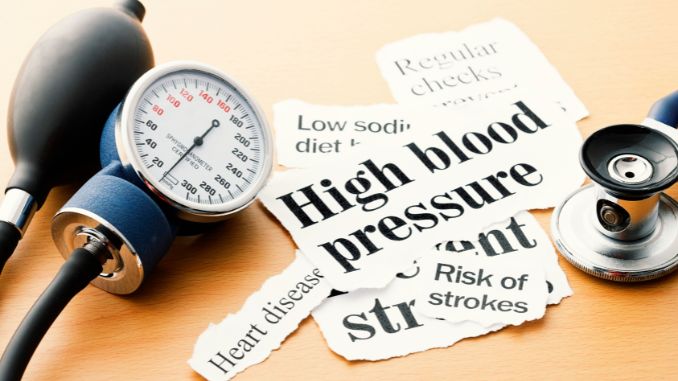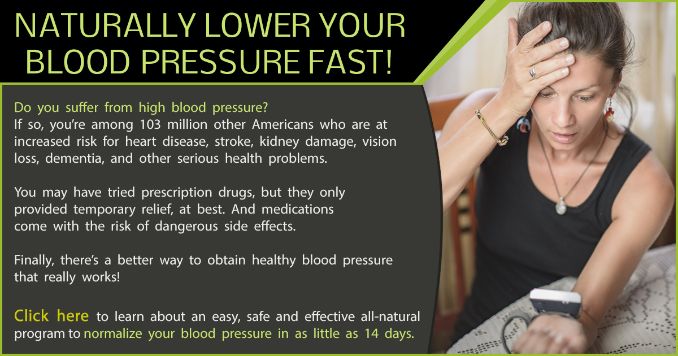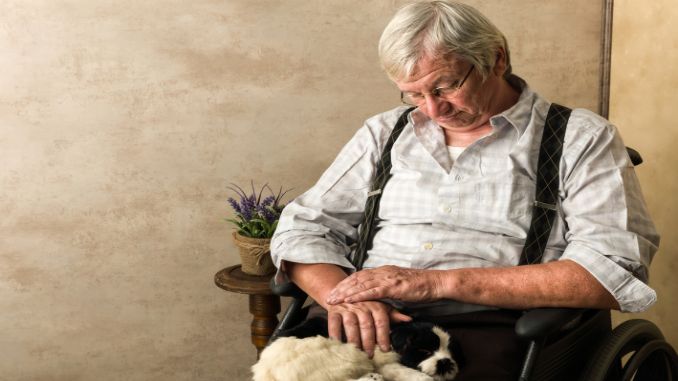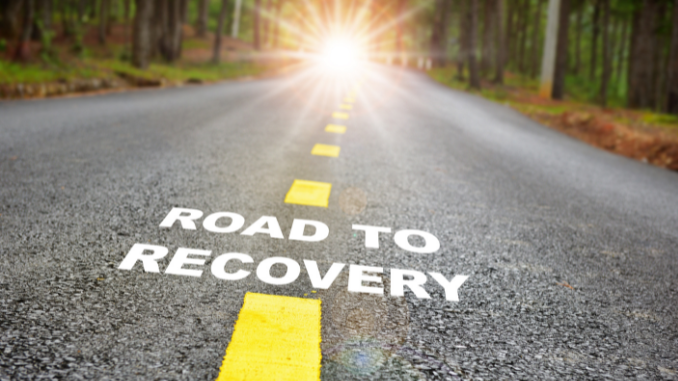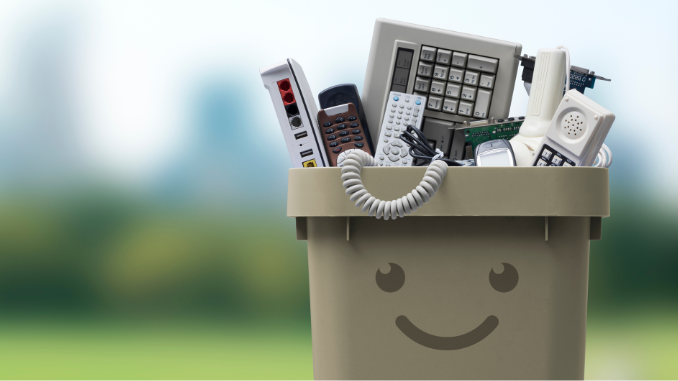Before we begin with high blood pressure aid, high blood pressure, or hypertension, is a widespread condition [¹] impacting millions globally. Knowing how to react and assist someone experiencing high blood pressure in an emergency can make all the difference.
By understanding the appropriate steps to take, you can help reduce blood pressure levels and potentially save a life. So, let's dive into the world of hypertension first aid and empower ourselves to be the first line of defense in times of emergency.
Understanding High Blood Pressure: Causes And Symptoms
High blood pressure conditions can lead to various health complications, including heart disease, stroke, and kidney problems if left untreated.
Causes of High Blood Pressure
1. Lifestyle Factors
A poor diet, characterized by excessive consumption of processed foods high in sodium, saturated fats, and refined sugars, coupled with a sedentary lifestyle devoid of regular physical activity, significantly contributes to the development of high blood pressure.
2. Genetic Factors
A family history of high blood pressure [³] can predispose individuals to the condition since genetic factors significantly influence the regulation of blood pressure levels. Genetic predisposition can influence various physiological mechanisms involved in blood pressure regulation, including the renin-angiotensin system and the function of vascular smooth muscle cells.
3. Medical Conditions
Certain underlying medical conditions can contribute to the development of high blood pressure.
These may include kidney disease, characterized by impaired kidney function [⁴] leading to the retention of sodium and fluid, thereby increasing blood volume and pressure.
Moreover, thyroid disorders like hyperthyroidism and hypothyroidism [⁵] can interfere with hormonal balance and impact blood pressure regulation.
Furthermore, conditions such as obstructive sleep apnea [⁶], characterized by disrupted breathing during sleep, can cause hypertension due to alterations in oxygen levels and heightened sympathetic activity.
4. Age
Blood pressure generally rises with age [⁷] because of physiological changes in the cardiovascular system.
When arteries become less elastic and more rigid over time, blood pressure can increase.
Moreover, age-related changes in blood vessel function, such as endothelial dysfunction and increased arterial stiffness, can further predispose individuals to hypertension.
5. Ethnicity
Certain ethnic groups have a higher prevalence of hypertension [⁸] compared to others. For example, individuals of African descent are at increased risk of developing high blood pressure and related complications. Genetic, socio-economic, and environmental factors may contribute to these disparities in blood pressure levels among different ethnic populations.
Symptoms Of High Blood Pressure
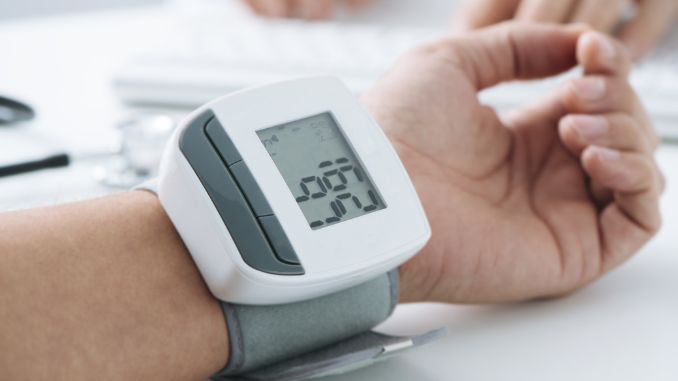
The Importance Of First Aid For High Blood Pressure Emergencies
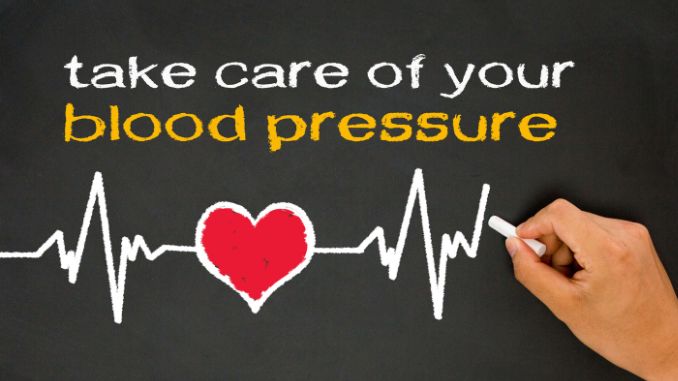
High blood pressure emergencies can be life-threatening and require immediate medical attention. While first aid cannot cure high blood pressure, it plays a crucial role in stabilizing blood pressure levels and providing comfort and support to the individual experiencing the emergency.
First aid aims to prevent further complications and reduce the risk of organ damage. By administering first aid, you can help alleviate symptoms and provide a sense of security to the person in distress. It's crucial to understand that while first aid does not substitute for professional medical treatment, it can greatly influence the outcome of a high blood pressure emergency.
Recognizing A High Blood Pressure Emergency
It is crucial to recognize the signs of a high blood pressure emergency to provide timely assistance.
Some common signs of a high blood pressure emergency include:
If you notice any of these symptoms in someone, it is important to act quickly and provide the necessary support. It is worth noting that high blood pressure emergencies can occur suddenly, even in individuals who are not known to have hypertension. Therefore, it is essential to be vigilant and responsive in emergency situations.
First Aid During A High Blood Pressure Emergency
When faced with a high blood pressure emergency, it is important to remain calm and take immediate action.
Here are the steps you should follow to manage high blood pressure:
Assess The Situation
Evaluate the intensity of the symptoms and determine whether it is a high blood pressure emergency or another medical condition. Look for signs such as severe chest pain, difficulty breathing, or loss of consciousness.
Ensure Safety
If the person experiencing the high blood pressure emergency is in a dangerous situation, such as near a busy road or on a high surface, ensure their safety first. Move them to a safe location if necessary.
Help Them Sit Or Lie Down
Assist the individual in finding a comfortable position. Sitting or lying down with their head slightly elevated can help alleviate symptoms and reduce the risk of serious health problems.
Loosen Tight Clothing
If the individual is wearing constrictive clothing, like a tie or belt, gently loosen or remove it to promote better circulation and ease breathing.
Encourage Relaxation
Urge the person to breathe slowly and deeply and to relax. Since stress and anxiety can exacerbate high blood pressure, aiding them in calming down can be advantageous.
Offer Medications If Available
If the person has prescribed medications, help them take them as directed. However, do not administer any certain blood pressure medications without proper knowledge or authorization.
Monitor Vital Signs
If possible, encourage the individual to have a blood pressure test. Check the person's pulse and blood pressure readings. Note down the blood pressure readings and any changes you observe. This information may be useful to medical professionals upon their arrival.
Bear in mind that these steps are intended as general guidelines and should not substitute for professional medical advice. It is essential to seek medical help for managing blood pressure emergencies.
When To Call For Emergency Medical Assistance
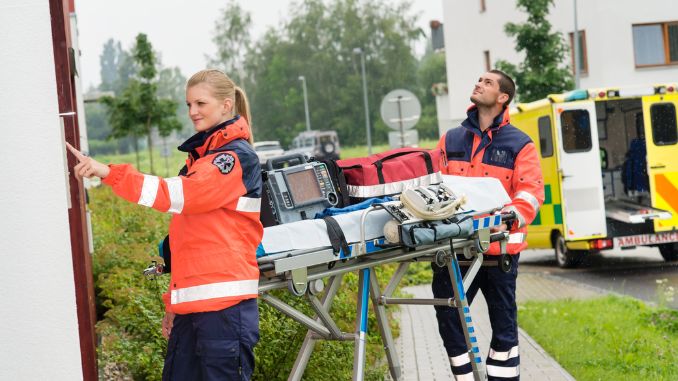
While first aid can provide immediate assistance, it is important to remember that high blood pressure emergencies require professional medical attention.
It is imperative to call for emergency medical help if:
Calling emergency services will ensure that the person receives the appropriate medical care they need in a timely manner to lower blood pressure immediately.
Preventing High Blood Pressure Emergencies Through Lifestyle Changes
Prevention is key to treat high blood pressure emergencies. By making positive lifestyle changes, you can lower the risk of developing high blood pressure and potentially prevent emergencies from occurring.
Here are some steps you can take:
1. Maintain A Healthy Weight
Obesity significantly increases the risk of high blood pressure. By keeping a healthy weight with regular exercise and a balanced diet reduces your risk of developing hypertension.
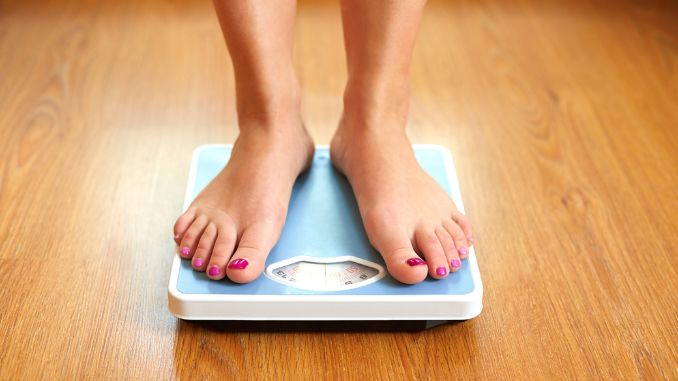
2. Adopt A Healthy Diet
Reduce your intake of saturated fats, sodium, and processed foods. Instead, focus on consuming fruits, vegetables, whole grains, lean proteins, and low-fat dairy products.
3. Limit Alcohol Consumption
Drinking too much alcohol increases blood pressure. It is recommended to maintain alcohol consumption [²] at modest levels, characterized as no more than one drink per day for women and two drinks per day for men.
4. Regular Physical Activity
Participate in consistent aerobic activities like brisk walking, swimming, jogging, cycling, or for a minimum of 150 minutes each week, as advised by health guidelines. Regular exercise can strengthen the heart, boost circulation, and lower high blood pressure. Moreover, adding strength training sessions at least twice a week can further improve cardiovascular health and contribute to overall well-being.
5. Quit smoking
Smoking harms blood vessels and raises the risk of high blood pressure. Stopping smoking can greatly enhance your overall health and reduce the likelihood of high blood pressure emergencies.
6. Manage stress
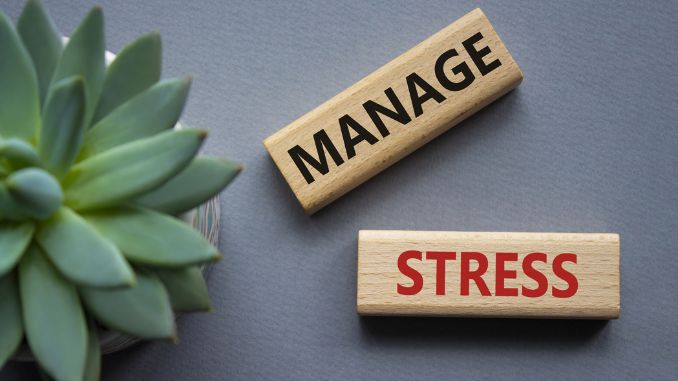
Chronic stress can lead to high blood pressure. It's important to discover healthy methods to manage stress, including regular exercise, relaxation practices, and obtaining support from friends and family.
By making these lifestyle changes, you can take charge of your health and avoid high blood pressure emergencies.
Conclusion: Taking Action To Save Lives
High blood pressure emergencies can be life-threatening, but with the skills and knowledge gained from understanding the steps of high blood pressure first aid, you can significantly impact these critical situations. By recognizing the signs, providing immediate support, and seeking professional medical assistance, you can lower blood pressure levels and potentially save a life.
Remember, prevention is key in reducing the incidence of high blood pressure emergencies. By adopting a healthy lifestyle, promoting awareness, and advocating for education, we can work towards a future where high blood pressure is better managed and its associated emergencies are minimized.
So, let's take action today and empower ourselves with the necessary knowledge and skills to be the first line of defense in high blood pressure emergencies. Together, we can make a difference and save lives.
Are you ready to take control of your health and lower your blood pressure naturally? Join our 14-Day Healthy Blood Pressure Quick Start Program today and discover the power of simple, effective lifestyle changes!

